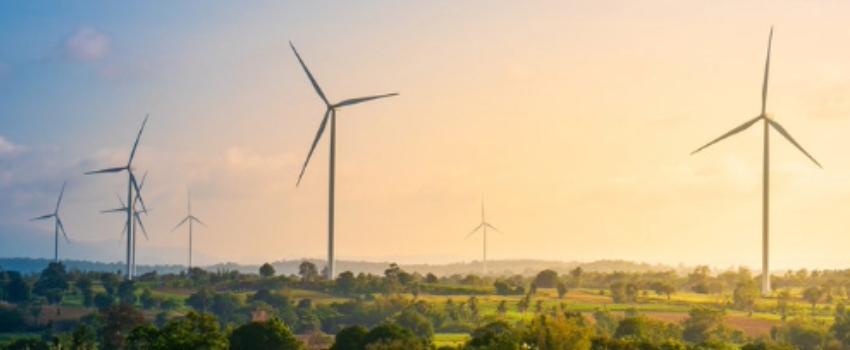
Prime Minister's Expectations:
Prime Minister Shehbaz Sharif of Pakistan has made several
statements regarding the country's economic and energy situation. Here are the
key points from his remarks:
Prime Minister Shehbaz Sharif stated that Pakistan has
managed to avoid a 'sovereign default.' This means that the country was able to
meet its debt obligations and did not default on its loans.
Improvements in Agriculture and Energy Sectors: The Prime
Minister mentioned recent improvements in the agriculture and energy sectors,
which are expected to result in significant cost savings for the country.
Record wheat production and an anticipated bumper crop of cotton would reduce
the need for imports and save billions of dollars. Additionally, an increase in
domestic energy reserves is expected to help reduce Pakistan's energy bill.
Shehbaz Sharif highlighted that the coalition government
decided to prioritize the country's interests over politics, even though they
faced a substantial political cost.
The Prime Minister attributed the risk of a sovereign
default to the previous government's deviation from the International Monetary
Fund (IMF) agreement, likely referring to former Prime Minister Imran Khan's
policies.
PM Shehbaz emphasized the importance of increasing the usage
of renewable energy, particularly solar and wind power, to reduce dependency on
fossil-fuel-based power plants.
The Prime Minister addressed the challenges in the national
electricity transmission system, including line losses, inefficiencies, and
electricity theft, which result in significant annual losses.
Shehbaz Sharif mentioned the establishment of the SIFC,
which is seen as an economic revival program focusing on agriculture, minerals,
and other areas.
State Minister for Petroleum, Dr. Musadik Malik, and Federal
Minister for Energy, Khurram Dastgir Khan, provided information on various gas
and electricity projects, including increased gas production and additional
electricity generation.
Comments
Leave a comment
Your name and email address will not be stored in the browser and your email will not be published.